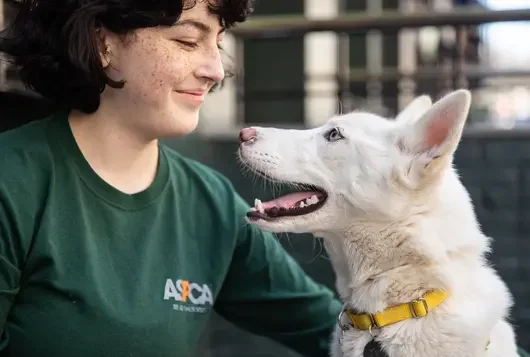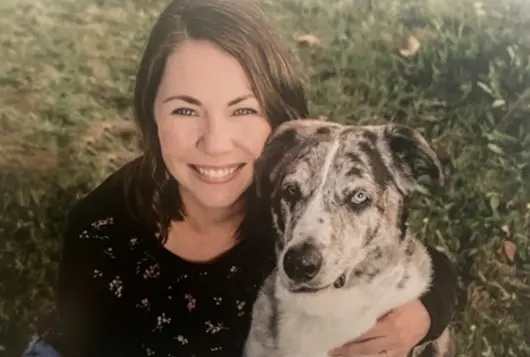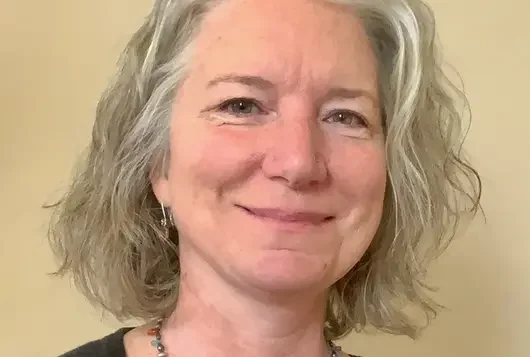Northern Tier Shelter Initiative Zoomies: The Updated ASV Guidelines: Practical Guidance for Animal Welfare Organizations
About this Webinar
The Association of Shelter Veterinarians’ (ASV) Guidelines for Standards of Care in Animal Shelters has been a guide for animal shelters since 2010. Join us as we discuss the second edition and learn bite-sized strategies for improving welfare in your own organization. The latest updates to the guidelines include staff well-being, disaster response, and forensics.
To view the webinar recording, log in to ASPCA Learn, our new learning management system. Create an account now and register for the webinar. Mobile users must download the app to access ASPCA Learn. Look for the Litmos mobile app in the Apple App Store or Google Play. Here is a step-by-step guide to logging into the app once downloaded. If you're having trouble accessing your account, browse the ASPCA Learn FAQ for troubleshooting tips or email learn@aspca.org for technical support.

Takeaways
- Understand the shift from the Five Freedoms to the Five Domains framework
- Learn how organizations are implementing bite-sized strategies for bringing the guidelines to life for their community
- How to create a plan for improving the welfare in your organization
Suited For
Animal Welfare leaders, staff, and volunteers working in, or with, animal shelters, rescues, or clinics within the Northern Tier (Alaska, Idaho, Minnesota, Montana, North Dakota, Washington, and Wisconsin), but all are welcome.
Credits
The ASPCA is an approved provider of content, which enhances professional competence and aligns with the 5 domains of the CAWA Exam specification.

Lauren Overman, DVM
Senior Director, Shelter Medicine Services, ASPCA
Dr. Lauren Overman has worked in animal welfare for over 15 years and her involvement in and commitment to shelter medicine runs deep. She started as a veterinary assistant in an animal shelter before attending veterinary medical school. After graduating from the UC Davis School of Veterinary Medicine in 2011, Lauren went on to complete a shelter medicine internship at Oregon Humane Society. She then joined the Humane Society for Southwest Washington (a NTSI grantee) for 10 years as Vice President of Veterinary Services, where she oversaw the surgical and medical care of shelter animals and pets of people experiencing homelessness. Dr. Overman is currently serving on the Board of Directors for Alliance for Contraception of Cats and Dogs and Association of Shelter Veterinarians (ASV).Lauren is an excellent communicator and collaborator and she brings deep clinical skills and direct experience implementing animal welfare improvements across different teams within the shelter and the larger community. Her interests include community-based animal sheltering, shelter infectious disease prevention/management, and a veterinarian’s role in shelter management.

Elizabeth Berliner, DVM, DABVP
Senior Director for Shelter Medicine Training Programs, ASPCA
Dr. Elizabeth Berliner currently serves as the Senior Director of Shelter Medicine Training Programs at the ASPCA. Dr. Berliner earned her DVM from Cornell University College of Veterinary Medicine in 2003 after an early career as an English teacher. After graduation from veterinary school, she entered general and emergency practice before becoming Medical Director of a shelter and spay/neuter clinic in Baltimore, MD. In 2010, she returned to Cornell to provide leadership for the Maddie’s Shelter Medicine Program. She also served as a seasonal field veterinarian for Rural Area Veterinary Services (RAVS) for many years and was surgical team lead for Spayathon for Puerto Rico (2017-2020. Dr. Berliner is boarded in both Shelter Medicine Practice and Canine & Feline Practice with the American Board of Veterinary Practitioners. She is a co-author of the ASV Guidelines for Standards of Care in Animal Shelters, 2nd ed. She is also an Executive Board Member for the NYS Veterinary Medicine Association. Dr. Berliner holds a courtesy appointment as an Associate Clinical Professor at the Cornell University College of Veterinary Medicine.
